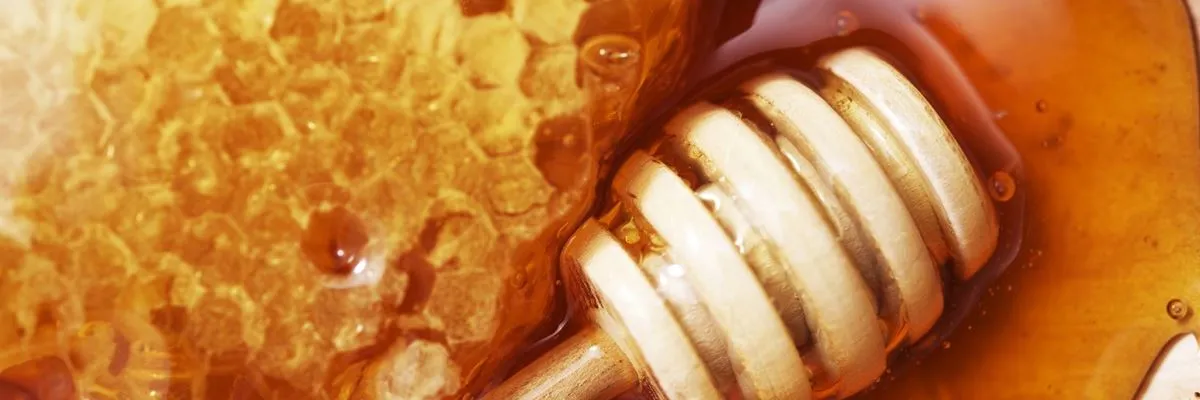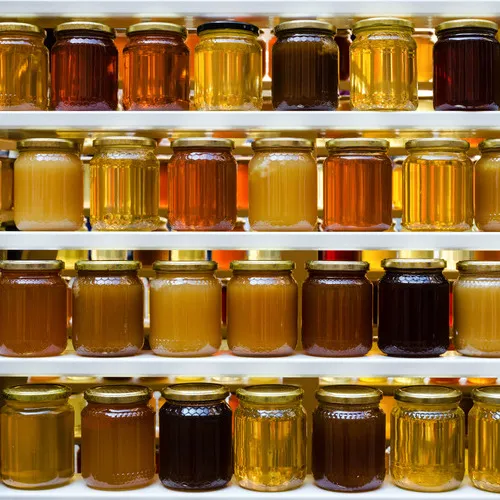What Is MGO, And How Can It Help Your Manuka Honey Business
August 4, 2022

With extensive studies and interest surrounding pure monofloral Mānuka honey, it’s easy to get confused by this unique New Zealand product. Customers will commonly ask Mānuka honey brands about the methylglyoxal (MGO) content. An integral component of Mānuka honey, several studies have been conducted, with many still going on, that focus on this unique ingredient.
To better understand this vital ingredient, this article will explore why MGO is a key ingredient in your future products. We will also look at some of the scientific results of this bioactive chemical and how it can make the perfect addition to your growing or established business.
What Is MGO?
MGO is an organic compound that naturally occurs within Mānuka honey. There have been suggestions within the scientific community that there may be antibacterial activity from Mānuka honey correlated with MGO concentrations.
A 2011 study considered that MGO might be responsible for the inhibition of the growth of specific bacteria. With several studies conducted since the discovery of MGO in Mānuka honey in 1981, there has been buzz within the scientific community regarding the potential of this natural sweetener to have interesting properties.
Although there is plenty of excitement around Mānuka honey, it’s important to remember that more studies are needed to properly understand the extent of Mānuka honey’s potential antibacterial effects.
Is MGO Found Only In Monofloral Mānuka Honey?
Although MGO is found in exceedingly high concentrations within monofloral Mānuka honey, several varieties of honey have been shown to have small amounts of MGO. Monofloral Mānuka honey separates itself from conventional honey, primarily due to the MGO level. Monofloral varieties have been known to reach exceedingly high levels.
Ultra-rare harvests can see MGO concentrations as high as 1818mg/kg. To give context, conventional multifloral Mānuka honey is typically under 83mg/kg. It’s no secret that this unique product of New Zealand has gained people's attention worldwide.
While MGO is naturally occurring, there have been instances where MGO has been artificially added to Mānuka honey. Specific markers can be measured to ensure Mānuka honey is genuine and has not been altered. However, this requires further testing than just looking at the MGO concentration.
Is MGO The Same As UMF™ ?
As mentioned above, sometimes further testing is required to confirm pure Mānuka honey. The Unique Mānuka Factor (UMF™) is typically referred to as the gold standard of certifying pure monofloral Mānuka honey. While MGO is an integral part of validating genuine Mānuka honey - UMF™ takes into account more bioactive chemicals. Simply put, all UMF™-certified Mānuka honey contains MGO, but the presence of MGO does not mean UMF™ certification.
UMF™ certification also takes into account:
- Leptosperin - the DNA marker identifying authentic Mānuka honey
- Dihydroxyacetone (DHA) - the natural precursor to MGO, certifying shelf life
- Hydroxymethyfurfural (HMF) - a heat-sensitive chemical that ensures freshness
Please read ‘Why Choose High UMF™ Mānuka Honey For Your Brand’ to learn more about the UMF™ certification process.
Although some customers are only on the lookout for MGO, using UMF™-certified honey for your business will ensure all buyers will be happy. Products certified by the Unique Mānuka Factor Honey Association will showcase a golden sticker that rates the grade between UMF™ 5+ to UMF™ 32+.
How Can My Brand Benefit From Having MGO In The Products?
There have been some exciting strides in Mānuka honey research, where scientists have suggested potential benefits. You may be an FMCG manufacturer of skincare, meals/snacks, drinks, pet food or cosmetic products interested in expanding your product range.
As one of New Zealand’s largest suppliers of wholesale Mānuka honey, Midlands Apiaries can be an effective and reliable partner for providing you with MGO-rich and quality Mānuka honey.
Midlands Apiaries Can Provide You With 100% Pure New Zealand Mānuka Honey
Midlands Apiaries is the perfect partner for your brand. Wherever your business sits in a specific industry, i.e. skincare, natural foods or genuine Mānuka honey provider - we have all the latest technology and expertise to deliver what you want and when you need it. In addition, our widespread Mānuka honey supply and production operations can work with you to achieve your goals.
We also offer the services of a highly knowledgeable sales & marketing team. So if you’re looking to bring a fantastic brand to market, our team of professionals can plan a pathway to your launch. With an extensive network of honey supplies and laboratories - Midlands Apiaries can provide your business with everything it needs.
Additionally, as the largest New Zealand supplier of wholesale Mānuka honey globally, Midlands Apiaries knows a thing or two about quality. An accredited, independent laboratory tests each batch of Mānuka honey from Midlands Apiaries for certification. We are very aware of the stringent requirements set forth by UMF™HA (Unique Mānuka Factor Honey Association). Our undeniable expertise in crafting Mānuka honey will give your business the necessary confidence to consistently deliver quality products.
Get in touch with us today for more information about how Midlands Apiaries can make for a beneficial partner in your budding business.
references
Kwakman, P. H., & Zaat, S. A. (2012). Antibacterial components of honey. IUBMB life, 64(1), 48-55. https://doi.org/10.1002/iub.578
Quick Navigation
Contact our team

Steve Williams
BCom (Mgt Sc)
Seed Multiplication Sales Manager
Midlands Seed
+64 27 553 0846seed@midlands.co.nz



Nick Kerr
BCom (Hons)
Honey Sales - North America & Europe
Midlands Apiaries
+64 27 807 9849honey@midlands.co.nz
Tasman Walker
BCom (Mktg) | BSc (Psy)
Honey Sales - Asia & Australia
Midlands Apiaries
+64 27 237 6318honey@midlands.co.nz
Hamish Finnie
BSc (Food Sc. & Hum. Nutr.)
Honey Sales - Greater China Region
Midlands Apiaries
+64 27 405 1273honey@midlands.co.nz














